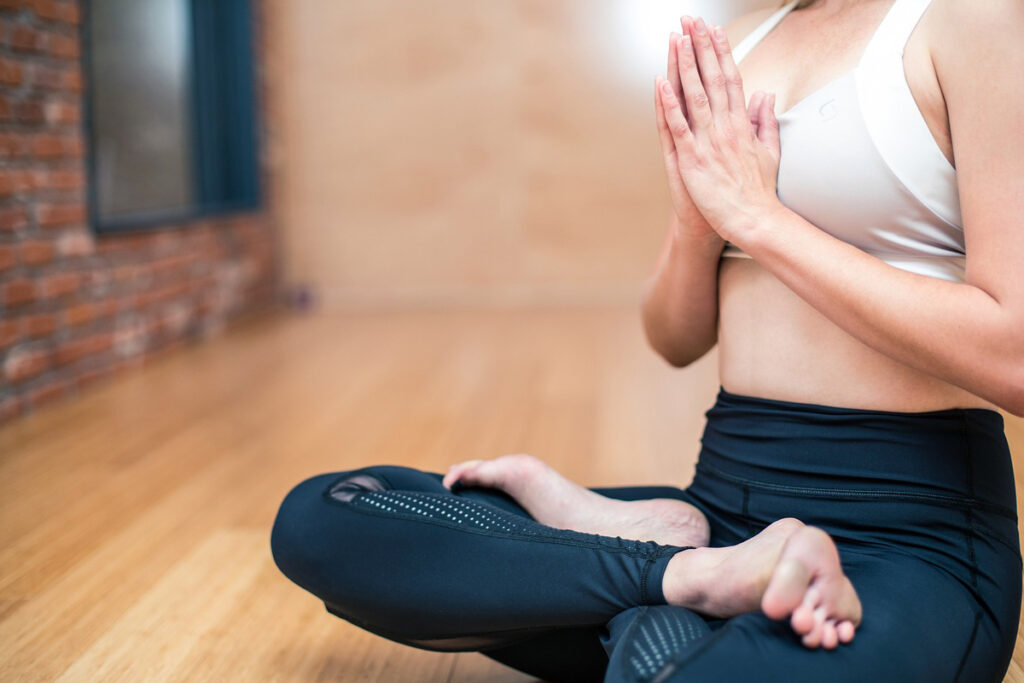Sleep & Relaxation

Years later after the pandemic, sleep scientists are beginning to understand how our sleep has changed, and what the implications may be for people’s wellbeing. For many people the pandemic and uncertainty has increased stress, anxiety and depression levels, but also disrupted sleep. This impacts upon next day functioning, affecting daily activities, including motivation, road safety, interpersonal relationships, judgement and performance. Stress can make it difficult to concentrate and regulate emotion. Stress hormones such as cortisol make it harder to have lighter REM sleep and lower amounts of deep, restorative sleep. Stress increases sleep fragmentation which leads to insomnia. The surprising finding from new studies looking at lockdown sleep is while people are getting more of it, the quality of sleep is worse. A recent UK survey from King’s College London backs up these findings.
Ways to relax?
- A warm bath (not hot) will help your body reach a temperature that’s ideal for rest. A bathing ritual before bed can help encourage a deep, restorative night’s sleep. Dr Organic Dead Sea Mineral bath salts create a fragrant, mineral-infused bath that prepares the mind for a peaceful night ahead. Dr Organic 100% natural Dead Sea Bath Salts are formulated with a proprietary blend of organic bioactive marine extracts to maximise the beneficial health properties of the Dead Sea. The Dead Sea Bath Salts are rich in essential mineral substances which nourish the body alongside bioactive extracts such as plankton and algae. Sit back, relax and let the bath salts leave your skin feeling wonderfully toned, smoothed, cleansed and revitalised.
- Writing “to do” lists for the next day can organise your thoughts and clear your mind of any distractions
- Relaxation exercises, such as light yoga stretches, help to relax the muscles. Do not exercise vigorously, as it will have the opposite effect
- There are apps designed to help with sleep or relaxation CDs which work by using a carefully narrated script, gentle hypnotic music and sound effects to relax you
- Reading a book or listening to the radio relaxes the mind by distracting it
- Avoid using smartphones, tablets or other electronic devices for an hour or so before you go to bed as the light from the screen on these devices may have a negative effect on sleep.
Food, Drink & Sleep
- Cut down caffeine intake in the evening, as this stimulant “interferes with the process of falling asleep” and can prevent deep sleep. Instead, consider milk or herbal tea before bed such as Heath & Heather Organic Night Time Tea. Its 100% organic, with chamomile, valerian & hops and naturally supports your wellbeing. A calming chamomile and spearmint infusion empowered with valerian root to provide you a peaceful natural sleep. Deliciously tasty way to support your wellbeing
- Avoid drinking too much alcohol as it can disrupt sleep
- Avoid eating big meals too late in the evening as lying down with a large amount of food in the stomach can feel uncomfortable and can also disrupt sleep.
Sources
Relaxation Techniques for Stress Relief

To effectively combat stress, you need to activate your body’s natural relaxation response. Techniques such as deep breathing, visualization, meditation, and yoga can help.